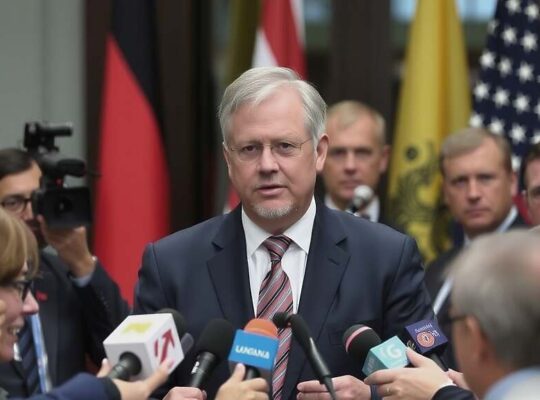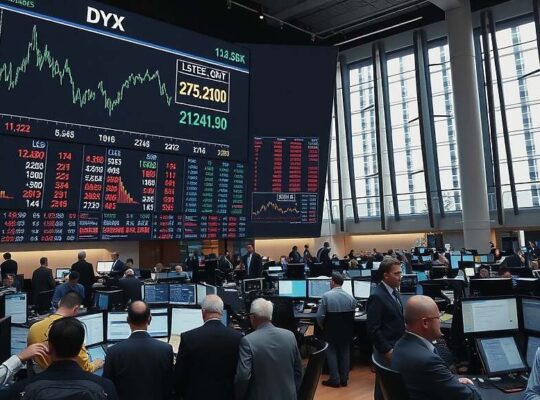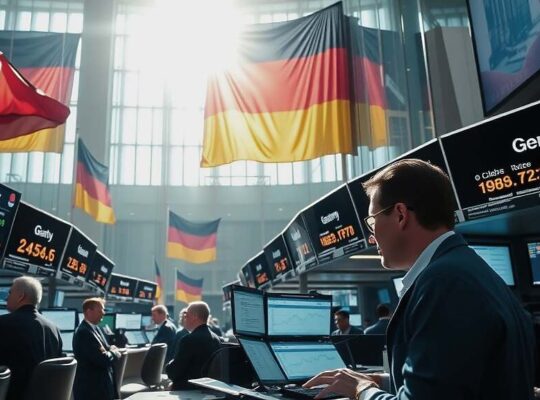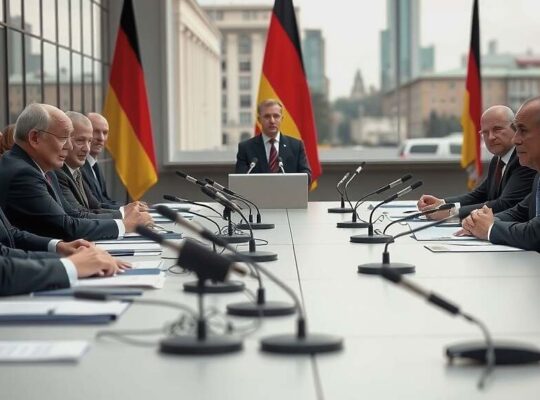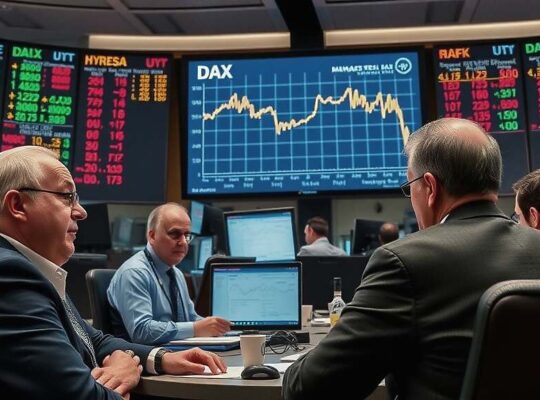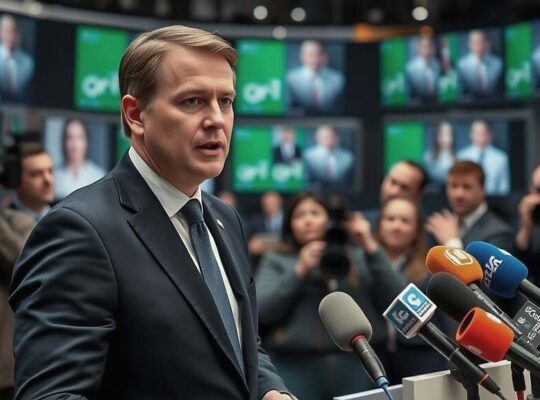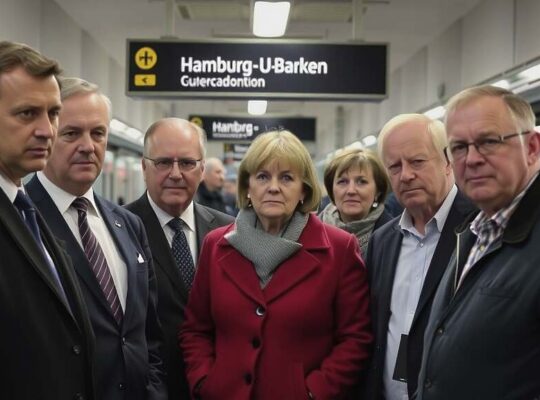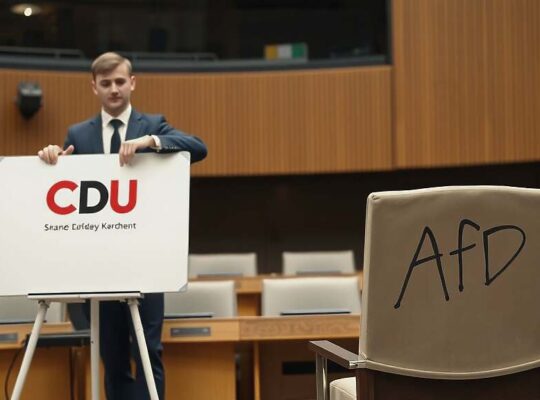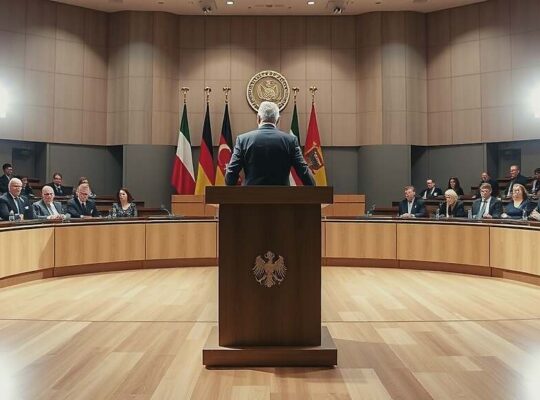Leading figures within the Christian Democratic Union (CDU) and Christian Social Union (CSU) are advocating for a reassessment of Germany’s climate protection policies. Saxony’s Minister President, Michael Kretschmer (CDU), emphasized the need for a measured and dispassionate discussion regarding the feasibility of achieving carbon neutrality by the currently targeted year of 2045. He expressed concern that rigid adherence to this deadline creates significant challenges across key sectors including transportation, agriculture, housing and energy production.
Kretschmer questioned whether complete carbon neutrality is the only viable target, suggesting alternatives such as 90% or 80% reductions, or a revised target year of 2050. He criticized the current approach as overly dogmatic and highlighted the need for open dialogue.
This sentiment reflects a broader concern amongst some within the CDU/CSU regarding the potential economic consequences of stringent climate regulations. CSU General Secretary Martin Huber called for “reasonable climate protection” ensuring climate goals are met while preserving economic strength and societal wellbeing. He specifically urged the European Union to reconsider the proposed ban on internal combustion engines for new vehicles starting in 2035.
CDU parliamentarian Mark Helfrich, speaking on behalf of the Union’s environmental working group, voiced anxieties about production moving outside of Germany due to climate regulations. He underscored the importance of maintaining competitiveness, referencing a previous consensus that the transition to renewable energy should not jeopardize the German economy. He argued against a situation where German manufacturers would be disadvantaged by foreign competitors operating under less stringent environmental standards.
While some voices advocate for a reevaluation of the 2045 deadline, other CDU figures are keen to maintain the established targets. Andreas Jung, a CDU parliamentary leader, reaffirmed commitment to the party’s carbon neutrality goal of 2045, as outlined in their basic program, election manifesto and coalition agreement with the Social Democratic Party (SPD). He stressed the need for a pragmatic approach, new openness and a greater reliance on market mechanisms to achieve climate neutrality effectively, while acknowledging that the current path has been “too narrow or incorrect”.



